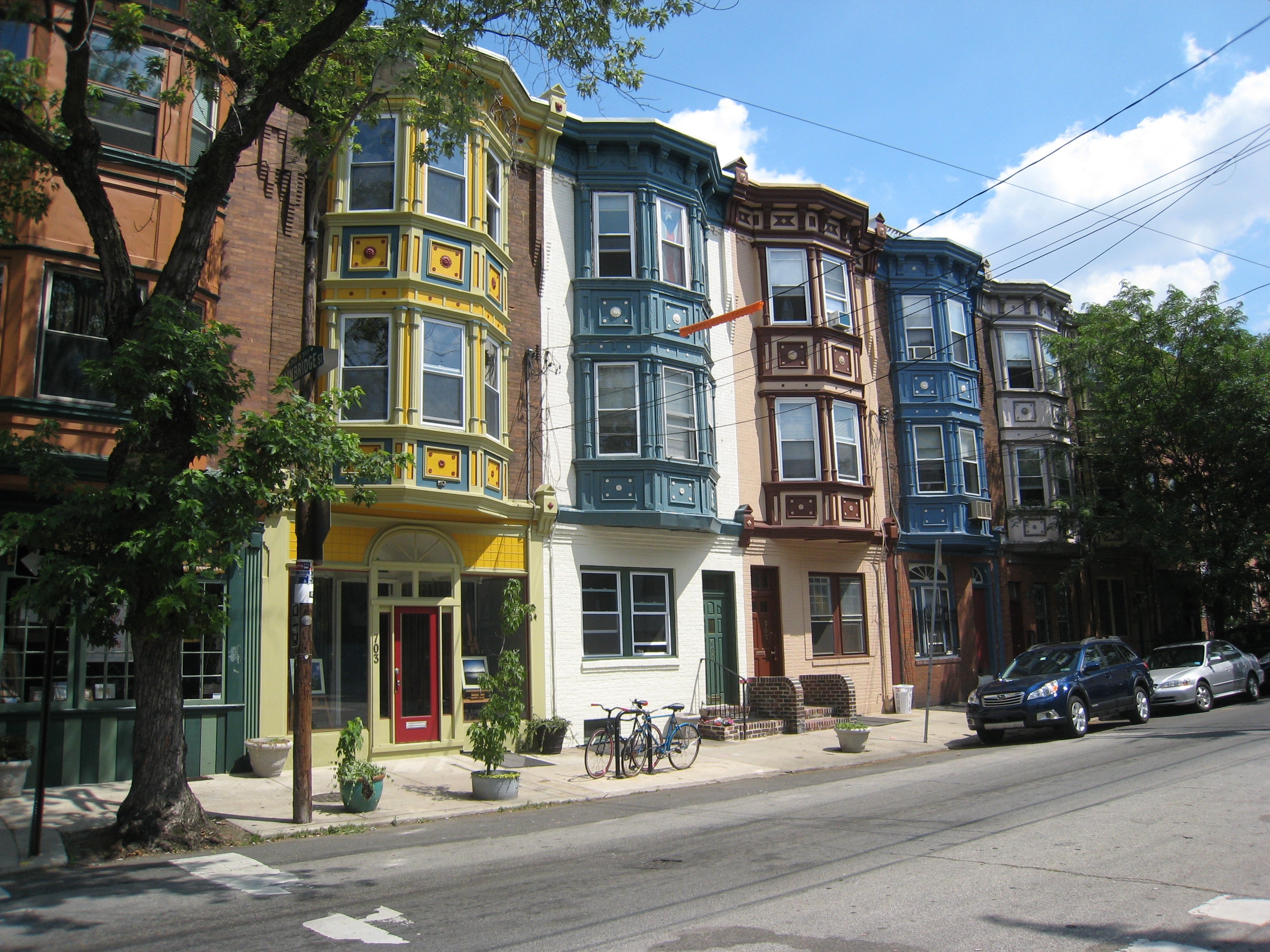An education in how to be a better neighborhood advocate

Learning how Philly government works can be a circuitous and sometimes frustrating thing. In my experience, it takes years. It takes walking the halls of City Hall, hours of random conversations with government and City Council employees, reading plenty of PlanPhilly articles, and getting lost on the city’s website. However, as soon as it clicks, as soon as you realize how decisions are made in Philly and who makes them, you can make a huge impact as a citizen.
I graduated from the Citizens Planning Institute in 2014. CPI gave me a holistic understanding of how Philly government works when it comes to planning and development decisions. I came away understanding City Council’s powerful role in land-use decisions, the responsibilities and role of Registered Community Organizations (RCOs) and the Zoning Board of Adjustment (ZBA), and how various government agencies implement policies and programs. I also came to understand how all these players interact to make planning decisions that have huge impacts on how our city builds buildings, creates public spaces, and listens to its citizens.
Through CPI, I became a better advocate in my neighborhood. After graduating, I got more involved with my RCO, Bella Vista Neighbors Association, and now serve as its treasurer and Beautification Committee lead. Over the past year, we have raised over $25.000 to fund sidewalk and curb cleaning services throughout the neighborhood. I help organize community events and advocate for legislation that will protect RCOs from frivolous lawsuits.
I am also a delegate for the Philadelphia Crosstown Coalition, which represents the interests of RCOs and civic associations. As part of the coalition, we recently formed an Affordable Housing Committee. We are identifying strategies to maintain and create mixed-income neighborhoods and ensure that housing is accessible and affordable for all. As a coalition, we are educating one another on these complicated issues and empowering RCOs to be better informed and more involved in how development takes place in their neighborhoods.
CPI educated me and empowered me to get involved in these initiatives. And since I graduated, CPI continues to teach me. As a graduate, I take advantage of elective classes offered each semester on topics ranging from zero waste to community engagement. The CPI Facebook alumni page gives me a forum to ask questions, find out about events, and get resources from other alumni.
As a citizen planner, you learn how to become an effective advocate for your neighbors, your neighborhood, and your city. If you share my goal of building a more equitable Philly and ensuring that our elected officials are responsive to all citizens, apply to CPI. Applications to join the next class, due Sept. 11, are available at https://citizensplanninginstitute.org/apply
—
Citizens Planning Institute is the education and outreach arm of the Philadelphia City Planning Commission. Its website describes the CPI program as a seven-week course consisting of six evening classes: three introductory classes on planning issues and principles, land use and zoning, and the development process; and three electives, the topics for which change every session. Each participant also is required to complete a final project to earn a certificate as a Philadelphia Citizen Planner.
To date, the institute says, 480 participants representing over 150 different neighborhoods have completed the CPI program. For more details and fee information, visit https://citizensplanninginstitute.org/
—
This article has been updated to reflect new CPI participation numbers.
WHYY is your source for fact-based, in-depth journalism and information. As a nonprofit organization, we rely on financial support from readers like you. Please give today.




